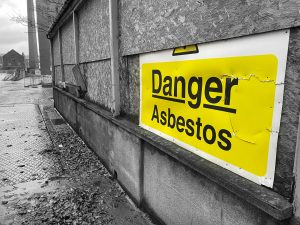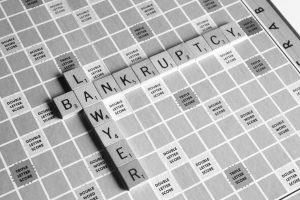In order to restrict the spread of the virus, people are being asked to self-isolate if they have visited certain areas of the world recently, even if they aren’t displaying any symptoms.
Self-isolation means remaining indoors in one place and avoiding contact with other people. People shouldn’t go to work, school or public areas, and should avoid using public transport.
Laura Kearsley, partner and solicitor in the employment team at law firm Nelsons, discusses what this means for employees – and whether they can expect to be paid for their absence during the quarantine period.
Will I get paid if I’m not at work due to self-isolation?
Strictly speaking, there is no right to sick pay for anyone in self-isolation as technically, it’s just a precaution and they are not considered ‘sick’.
However, Health Secretary Matt Hancock has said those who aren’t displaying symptoms but have been advised to stay away from work are entitled to take the time as sick leave.
If you’re not unwell, you may be able to work from home. But if this isn’t an option – for example, you work in a shop, hotel or factory – you will be entitled to sick pay, as per government advice.
Statutory sick pay (SSP) is available to those who are employed, earning at least £118 a week and have been off work for four consecutive days. The current rate of SSP is £94.25 per week and can be paid for up to a maximum of 28 weeks for the days employees usually work. SSP is payable after three ‘waiting days’ of absence. It’s up to your employer – and should be set out in your contract – as to whether you’re paid more than SSP.
[ymal]
However, if you haven’t visited any of the areas the government has identified as being affected or at risk and you decide to self-isolate as a precaution, there is no statutory right to be paid if you aren’t sick or displaying symptoms. People who are prevented from working because of a risk to public health are able to claim universal credit.
Will I be paid if I have to care for someone else?
You are entitled to take a reasonable amount of emergency unpaid time off work to take care of your kids if there is unexpected disruption in their normal care arrangements – the closure of a nursery or school as a result of the coronavirus would qualify as an emergency. However, this is not time off to look after the child, but to make alternative arrangements for their care instead.
Many employers are more flexible though in these circumstances and will allow employees to take holiday at short notice or, if appropriate, to work from home or make the time up.
Should my employer be contacting me while I’m self-isolating?
There is no rule to say that your employer shouldn’t contact you when you’re off sick to discuss any work issues. In fact, employers are under a duty of care to check in with those who are absent. Regular contact with your boss during the quarantine period will also help to ensure a smooth return.





















